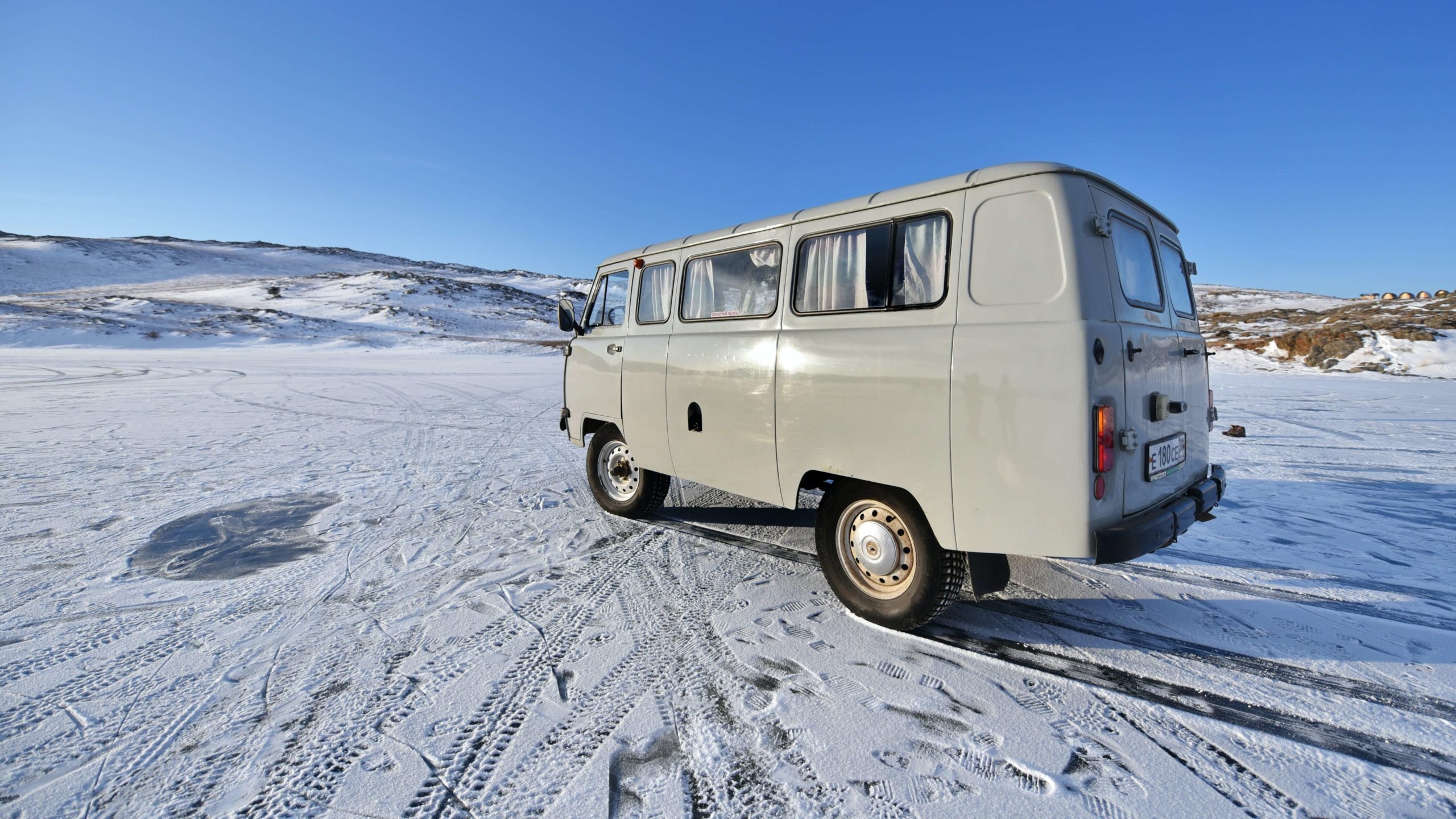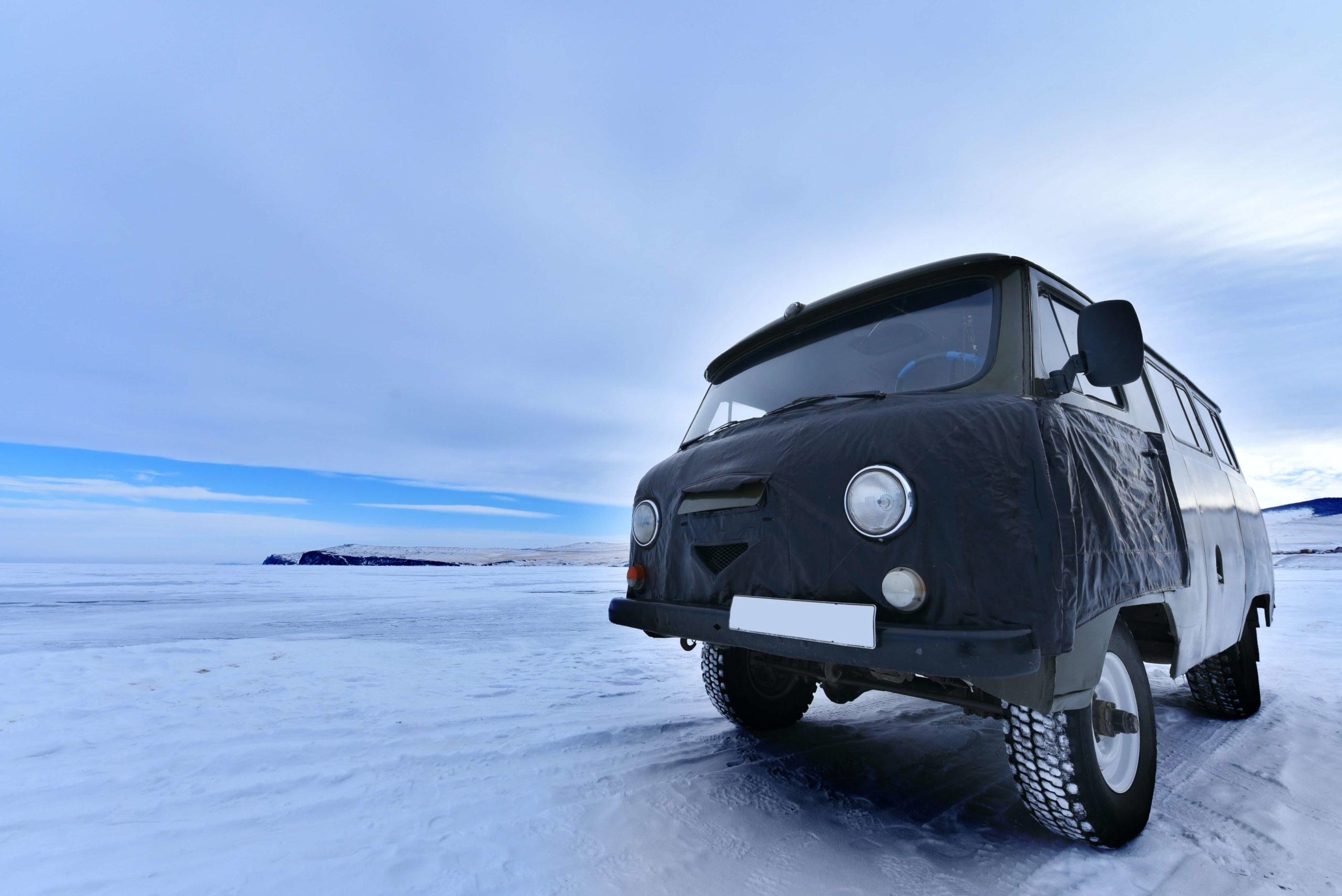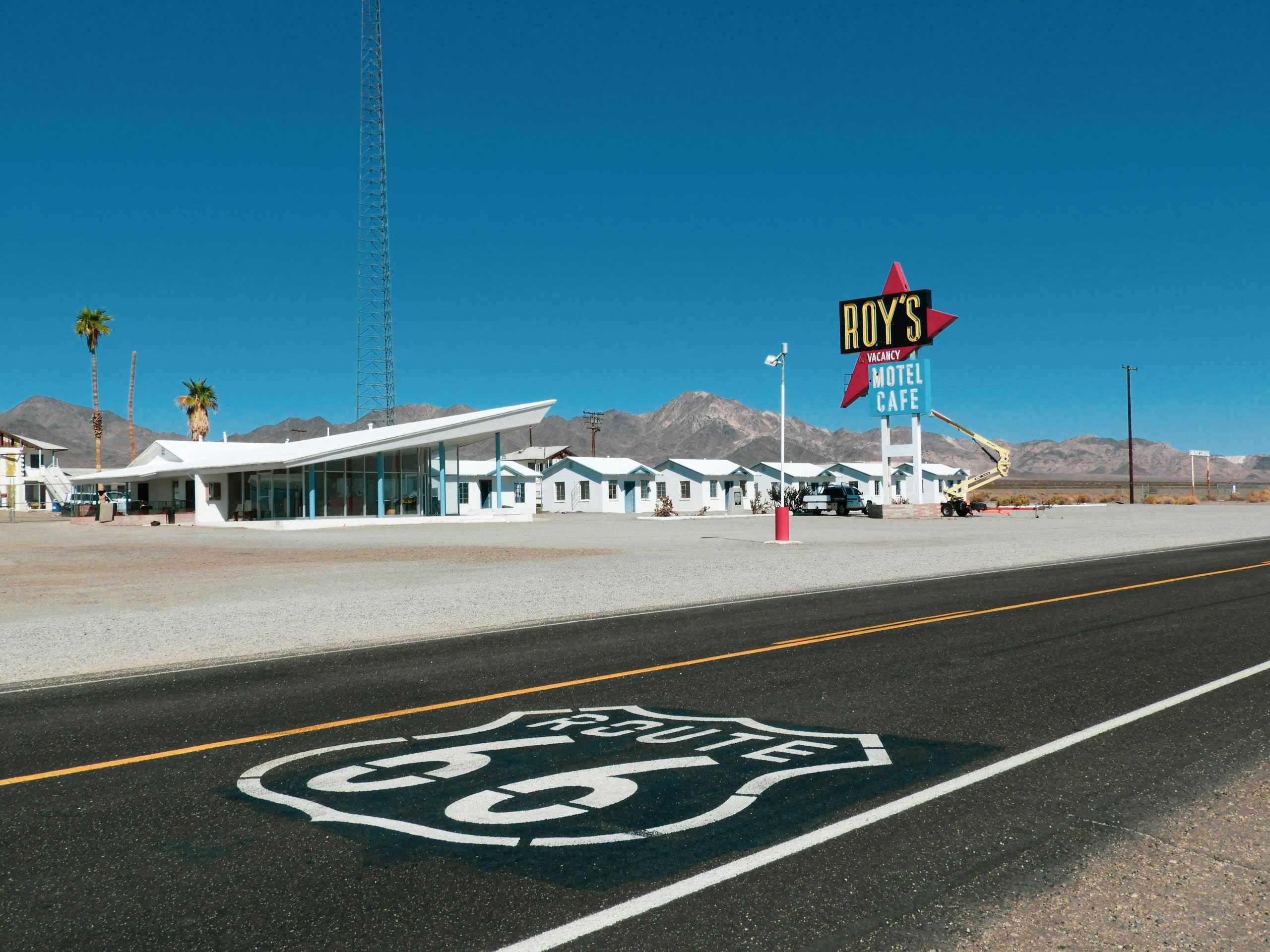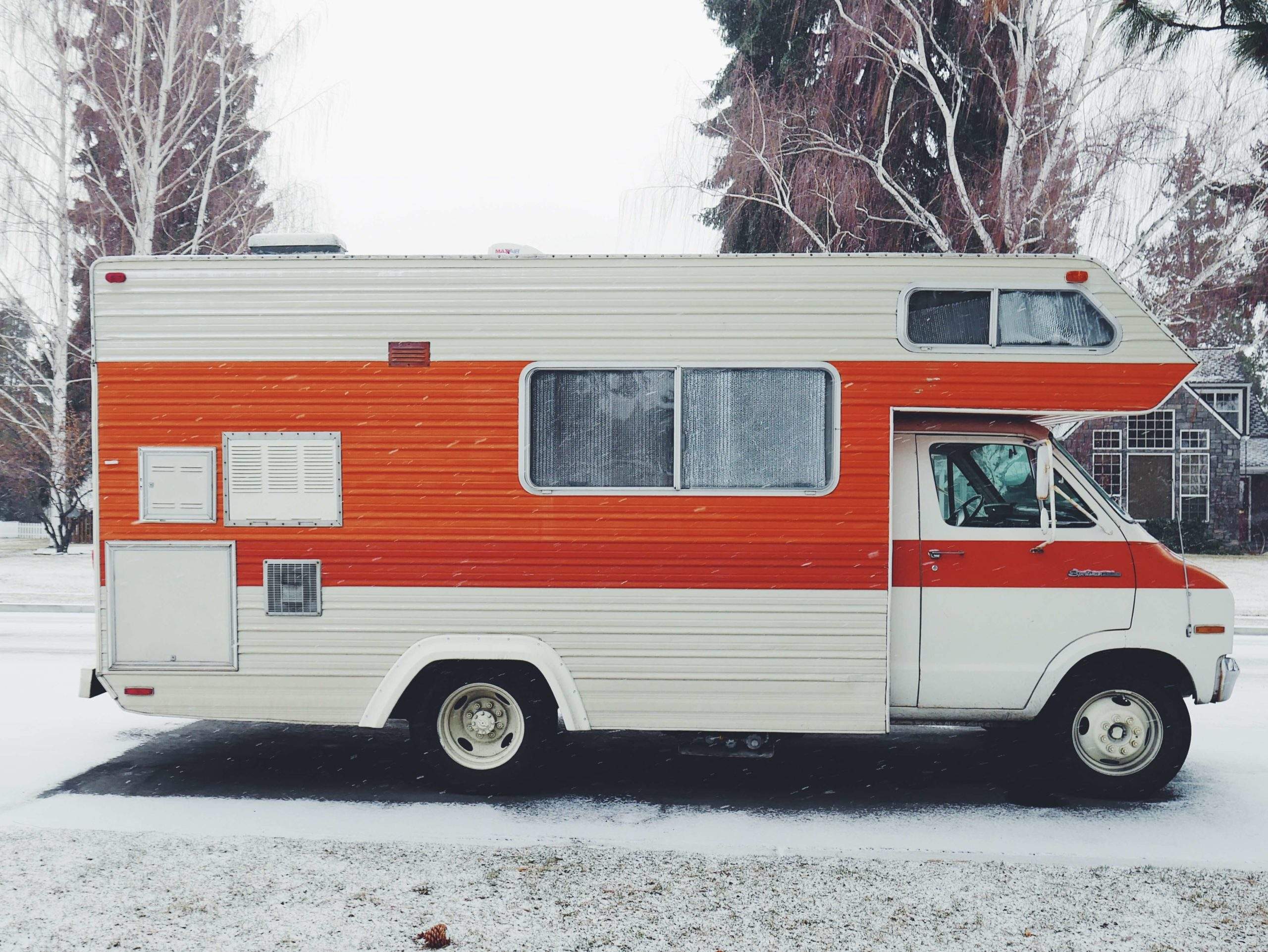RV lovers, rejoice! You don’t have to take your rig to the sunbelt to camp comfortably during the winter anymore. Did you know that most stock RVs need to be winterized to operate once the temperatures dip below freezing? It’s true. And while some RV manufacturers boast that their products come ready for winter camping, an all-season RV (sometimes called a four-season RV) is different from a rig that can handle some winter conditions. If winterizing your rig at the first sign of a freeze jump starts your seasonal camping withdrawal, find out how you can cure your winter camping blues by purchasing a true four-season RV.
Researching an All-Weather RV
Before you purchase your next rig, do a little research to find out if your new investment is truly a four-season RV. Don’t just trust the photos of your favorite travel trailer parked outside during extreme weather conditions. Dig a little deeper when searching for an all-season RV by speaking to the dealer and reviewing the manufacturer’s specifications. It never hurts to check your sources to ensure your big purchase lives up to your expectations.
Generally, the term four-season RV applies to winter camping, not necessarily summer camping. While there is no industry-wide certification that validates an RV’s capacity to withstand below-freezing temperatures for an extended time, several RV manufacturers make products that hold up to the elements and perform better when the thermometer dips below freezing or creeps a little past 100 degrees. All-season RVs, although built with materials that hold up to cold and hot temperatures, are usually labeled four seasons because they withstand colder temperatures better than traditionally-made RVs. Most RVs are no match for extreme weather, no matter the type.

What Is a Four-Season RV?
Manufacturers created the four-season RV to extend the camping season a little longer. All-weather rigs generally come with some (or all) of the upgrades needed to keep people and their recreational vehicles more comfortable when the weather turns less than desirable. Look for:
- Dual-pane windows
- Durable hatch covers
- Heated — and enclosed — tanks and underbellies
- Upgraded ceiling and wall insulation
- Heat resistant, polyethylene plastic tubing (PEX)
- Upgraded furnaces
- Improved heating ducts
If an RV’s construction keeps the cold out better, it will also help buffer against heat. Remember that even the best insulated homes still have to contend with extreme weather, and RVs are no different. RV air conditioners typically only lower the indoor temperatures 20 degrees cooler than the temps outside. And temperatures below zero? Consider those temps extreme, and plan to keep your rig inside or winterized when extreme weather hits.
The Benefits of Having a Four-Season RV
Four-season RVs keep campers comfortable for longer. All-season rigs also simplify the camping process during the times of the year when the days might still be warm, but the nights dip close to or just below freezing. Turning on a tank warmer on the nights where it might freeze is much simpler than heading home or searching for RV-winterization fluid in a pinch.

How to Choose an All-Weather RV
Are you ready to make the leap and search for an RV that will keep you and your family camping longer?
First, decide which RV class suits your needs. If the space doesn’t work for you, then it won’t matter if your rig handles the elements well. Then, research your favorite brands. Do they advertise four-season travel trailers, fifth-wheels, truck campers, or motorhomes? If so, it’s time to visit a dealer, private owner, or an RV show.
To help you start your research, check out the following manufacturers. The list is always changing, but these brands are worth looking into if you want an idea of what an all-weather RV looks like both inside and out:
Now that you’ve got some tools to help your research process, it’s time to start looking for your new (or new-to-you) RV. Do you need an all-season RV, or will a three-season rig with some modifications do the trick? Remember, with any recreational vehicle, even an all-season RV, monitor the road conditions before heading to the campground. If the weather calls for snow, it’s best to stay put until the roads are ready to navigate again safely.








